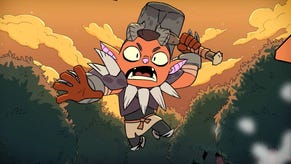DDoS attack enablers could be prosecuted under proposed US cybersecurity legislature
The US government is putting forward a legislative proposal aimed to beef up federal and private cyber security.
According to a White House press release, US president Barack Obama wants to enable the sharing of cybersecurity information between the private and federal sector, as well as beef up privacy protection for individuals.
In addition to these preventative measures, the proposal aims to give law enforcement and authority the "appropriate tools to investigate, disrupt, and prosecute cyber crime"; simplify and standardise state laws under a federal statute; and require companies to notify staff and customers about security breaches in a timely fashion.
The Department of Energy will provide $25 million in grants over five years to help supply skilled cybersecurity experts, too.
Obviously anything that helps protect users and hold companies responsible for how they safeguard our data is good news, but it's the bit about law enforcement being better equipped to find and then bring legal action against the perpetrators of cyber crime that is particularly interesting. Check out this bit in particular:
"The Administration’s proposal contains provisions that would allow for the prosecution of the sale of botnets."
Botnets are used to power DDoS attacks, which are one of the easiest forms of malicious online behaviour but regularly bring down the PlayStation Network and sometimes Xbox Live. One of the reasons why high level hackers sneer at DDoS attacks (besides their frequent use for shits and giggles rather than anything productive) is that you don't have to have any elite skills to buy and run one.
If this new legislation were to come into effect, it might be much more difficult to get hold of botnets, which would mean less useless DDoS attacks perpetrated by bored, attention-seeking kiddies - which is nice for gamers.
Thanks, Kotaku.










